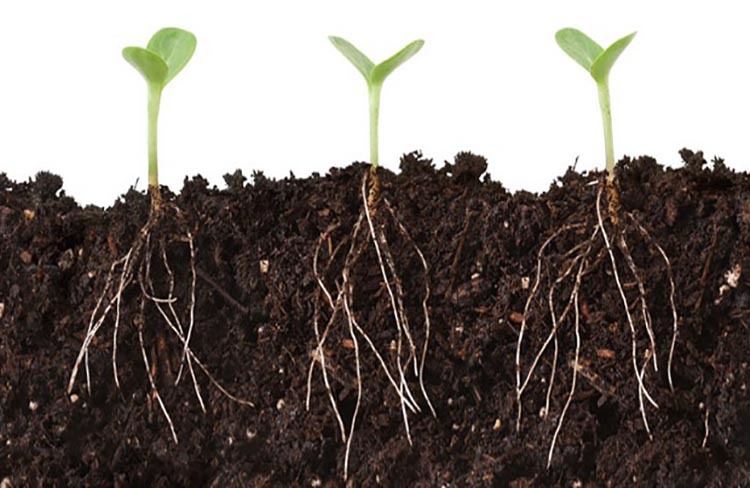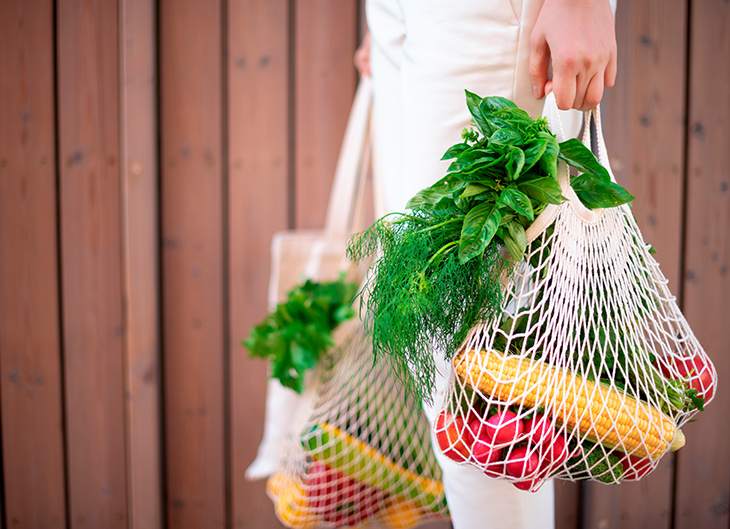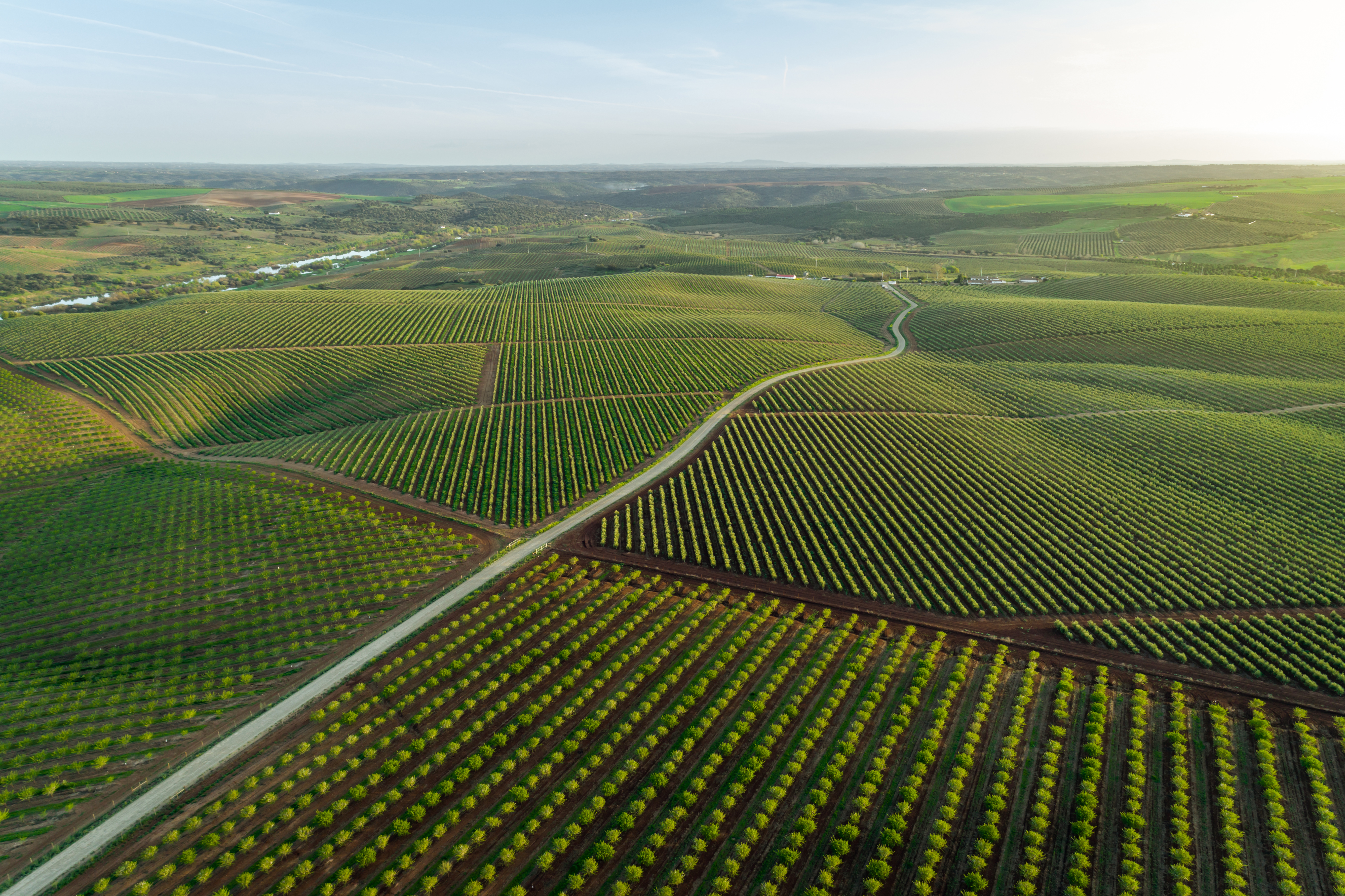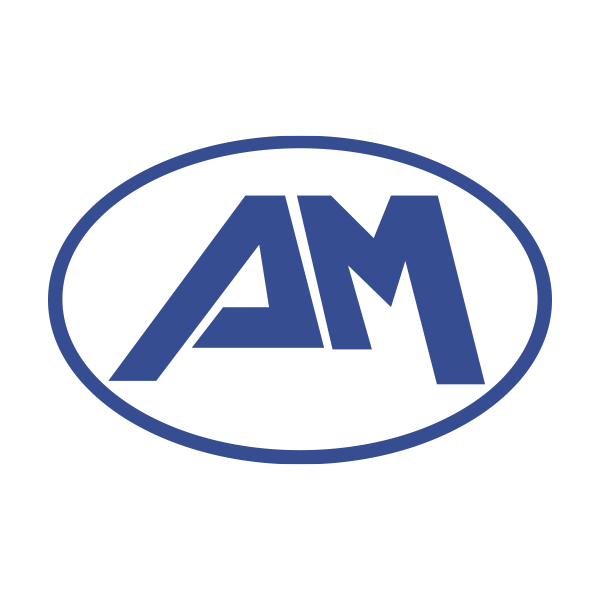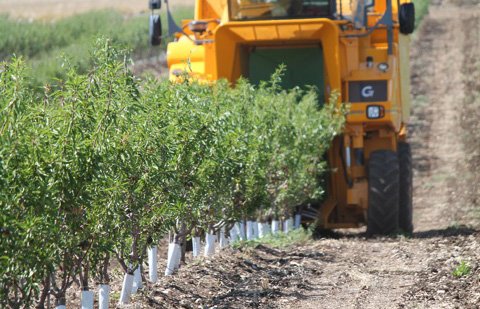
New Regulation (EU) 2018/848 on organic production and labelling of organic products and new UNE standards on agricultural inputs used in organic production.
The Regulation (EU) 2018/848, on organic production and labelling of organic products repeals Council Regulation (EC) No. 834/2007 until the effective date.
This Regulation comes into force on 4 July 2018 and will apply from 1 January 2021.
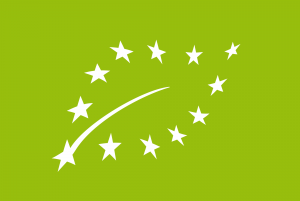 In general, it is established that the use in organic farming of certain products or substances such as active substances for use in plant protection products falling within the scope of Regulation (EC) No. 1107/2009, as well as fertilisers, soil conditioners, nutrients, non-organic components of animal feed from a variety of sources, animal feed additives, processing aids and products for cleaning and disinfection, are limited to a minimum and are subject to specific conditions laid down in this Regulation.
In general, it is established that the use in organic farming of certain products or substances such as active substances for use in plant protection products falling within the scope of Regulation (EC) No. 1107/2009, as well as fertilisers, soil conditioners, nutrients, non-organic components of animal feed from a variety of sources, animal feed additives, processing aids and products for cleaning and disinfection, are limited to a minimum and are subject to specific conditions laid down in this Regulation.
With regard to soil fertilisation, this Regulation establishes that, in organic plant production, cultivation and tillage practices that maintain or increase organic matter in the soil, reinforce soil stability and biodiversity, and prevent compaction and erosion of the soil will be used.
Concerning the management of pests and weeds, it is established that the prevention of damage caused by pests and weeds will be based primarily on protection through: natural enemies, choice of species, varieties, and heterogeneous materials, crop rotation, cultivation techniques such as biofumigation, mechanical and physical methods, and thermal processes such as insolation, and in the case of protected crops, treatment of the soil with steam at a shallow depth (maximum depth of 10 cm).
One of the most noteworthy points of this Regulation refers to the “Presence of unauthorised substances”, in order to ensure that organic foods are not contaminated by phytosanitary substances or unauthorised fertilisers.
The new rules increase the responsibility of organic operators along the supply chain to use only authorised techniques and comply with organic production standards. If farmers, processors, vendors or importers suspect a violation of organic production rules, they must separate the product, withdraw it from the market and notify the relevant authorities. If any further investigation concludes that the organic product is contaminated with unauthorised substances and the contamination was the result of deliberate fraud or negligent behaviour of the operator, the product will lose its organic status. The question of contamination will continue to be reviewed, as the Commission will report on the effectiveness of the EU’s anti-contamination standards and national thresholds four years after the new rules come into force.
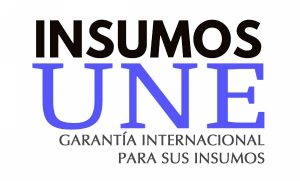 Because of this, and in anticipation of the aforementioned regulation, the working bodies of the Spanish Association for Standardisation, UNE, created under the initiative of the Ministry of Agriculture and Fisheries, Food and Environment (MAPAMA), have worked for over two years to develop new UNE standards on agricultural inputs that can be used in organic production.
Because of this, and in anticipation of the aforementioned regulation, the working bodies of the Spanish Association for Standardisation, UNE, created under the initiative of the Ministry of Agriculture and Fisheries, Food and Environment (MAPAMA), have worked for over two years to develop new UNE standards on agricultural inputs that can be used in organic production.
These working bodies are made up of all parties concerned with the matter and specialists in organic production. In other words, experts from Autonomous Communities and various branches of the Ministry, ENAC (the National Accreditation Body), representative Associations and Companies that produce and market inputs (AEFA – Spanish Association of Manufacturers of Agronutrients; AEFISA – Spanish Association of Pesticides and Environmental Health; ANFFE-National Association of Fertiliser Manufacturers), representatives of the organic sector, entities that certify organic production and inputs, etc.
The aim of the UNE standards on inputs that can be used in the production of organic agricultural products is to clarify and regulate the market of these inputs and provide guarantees for farmers who use them, as well as to constitute a reference for farmers, manufacturers of inputs and certification bodies.
The UNE 142500 and UNE 315500 Standards constitute product standards, which set out the requirements for production, packaging, labelling and marketing of fertilisers and plant protection products for use in organic production and are directed at the manufacturers of these inputs.
UNE 65500 is a standard regarding the evaluation of conformity of inputs with the above standards. It established the minimum requirements that must be met by certification schemes with regard to the personnel involved in the different phases of the evaluation and the certification procedure. It is addressed to entities that carry out the certification of inputs used in organic agricultural production.

